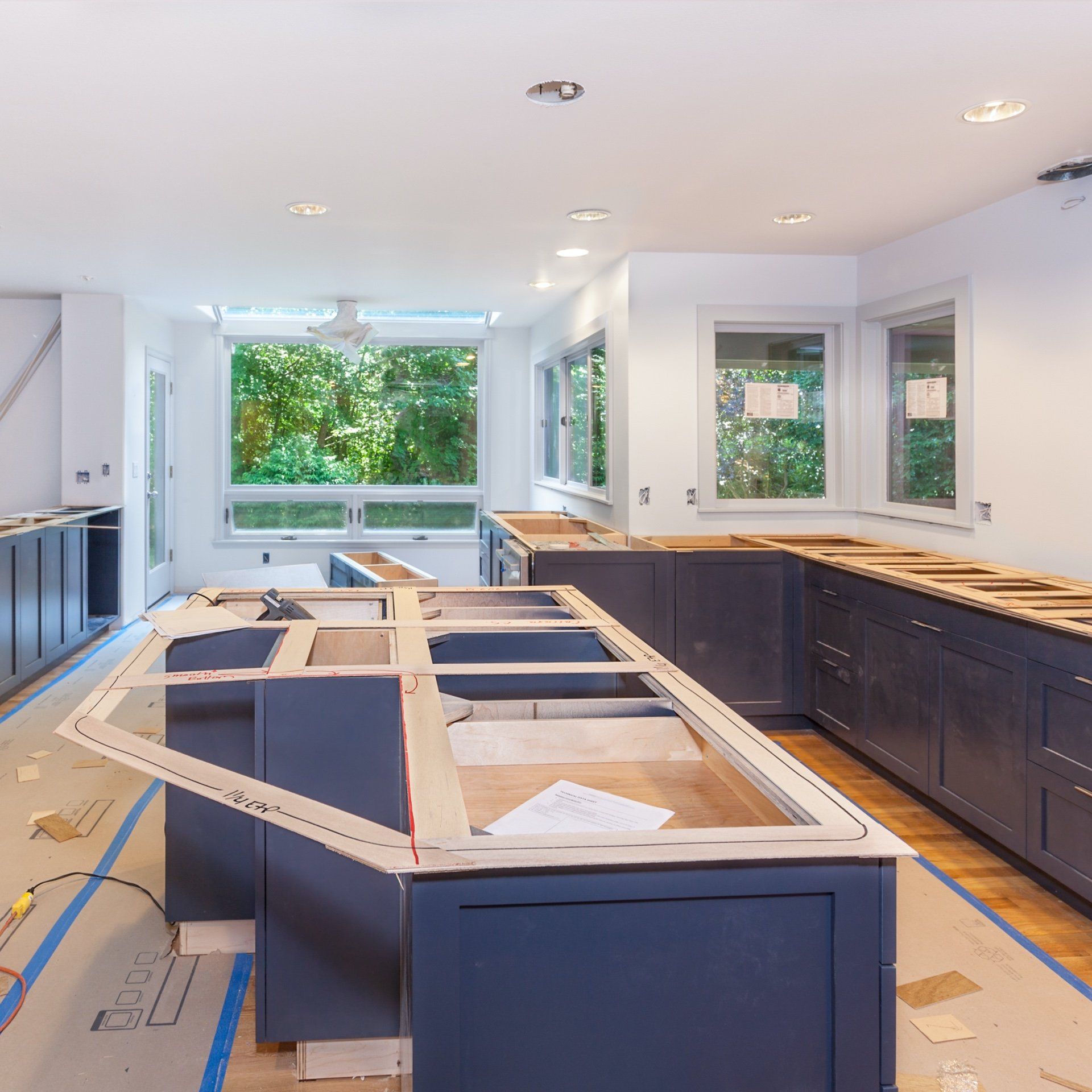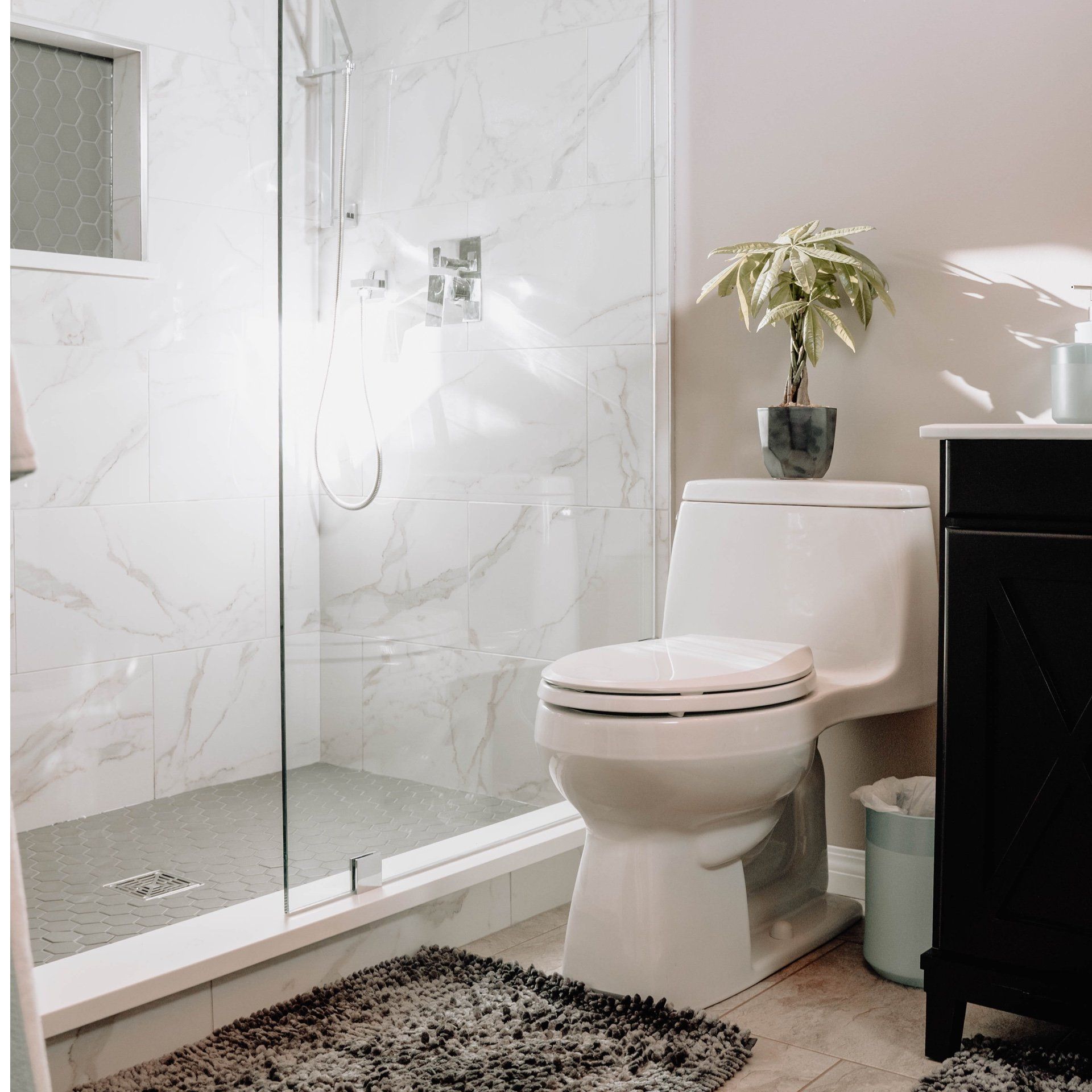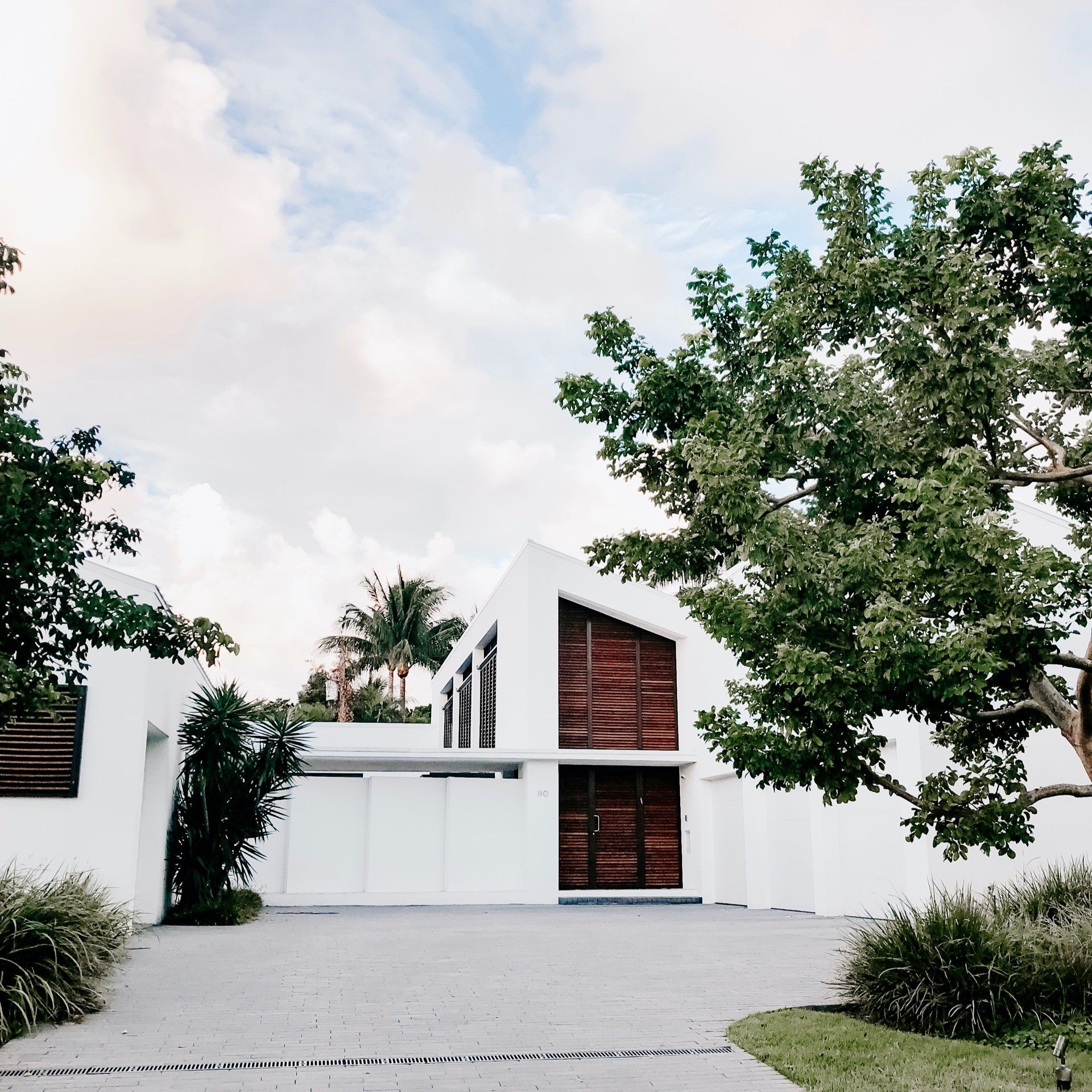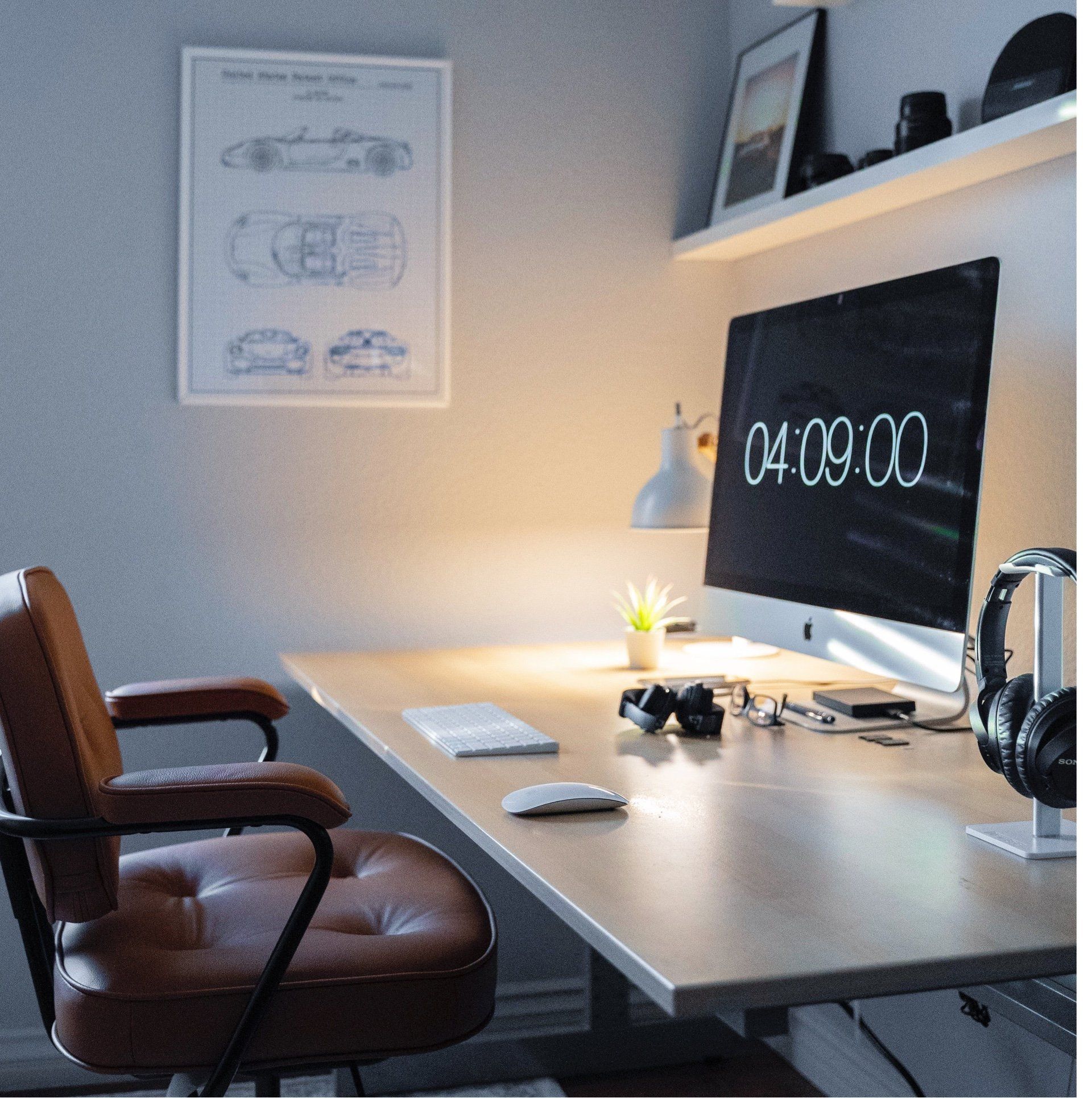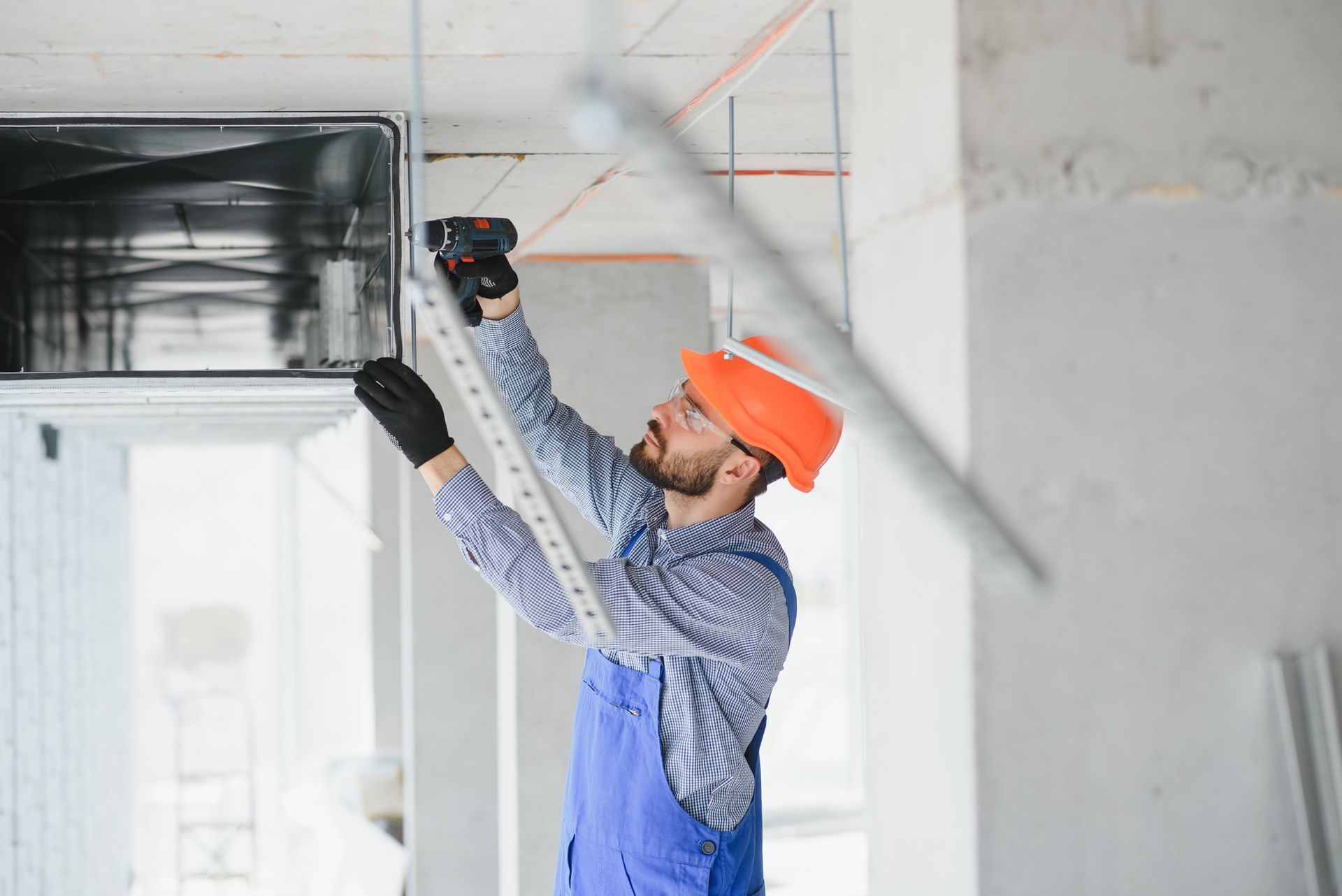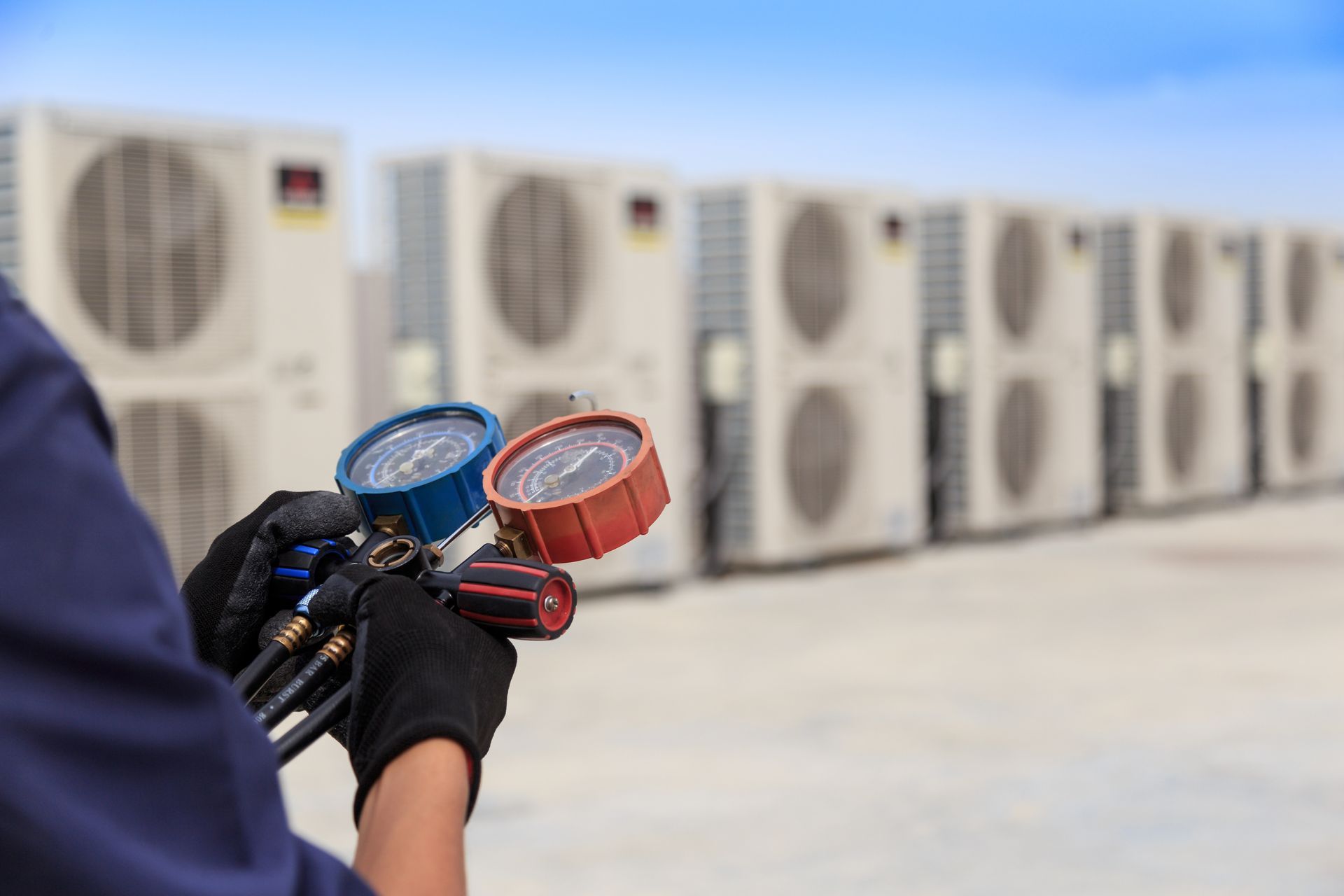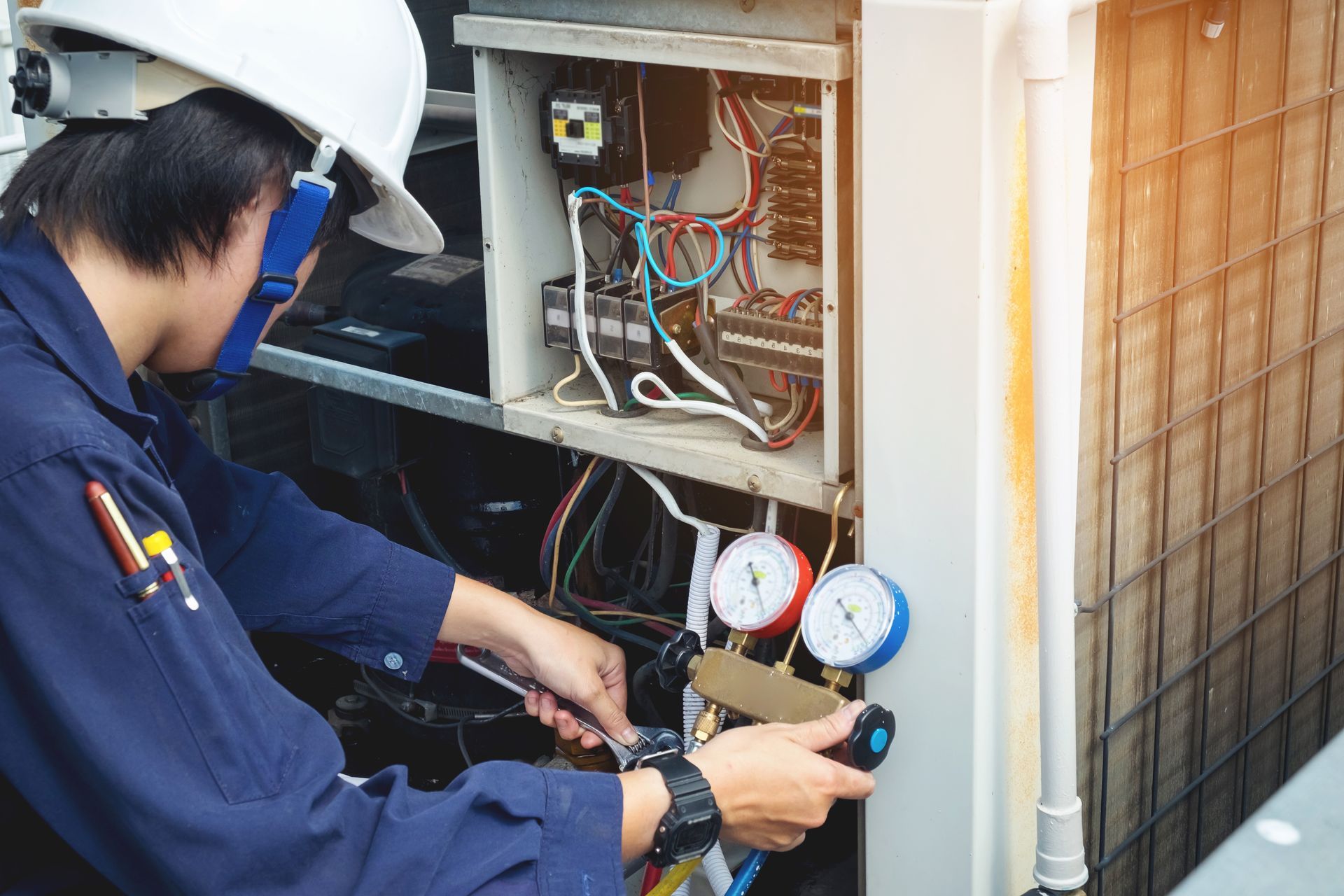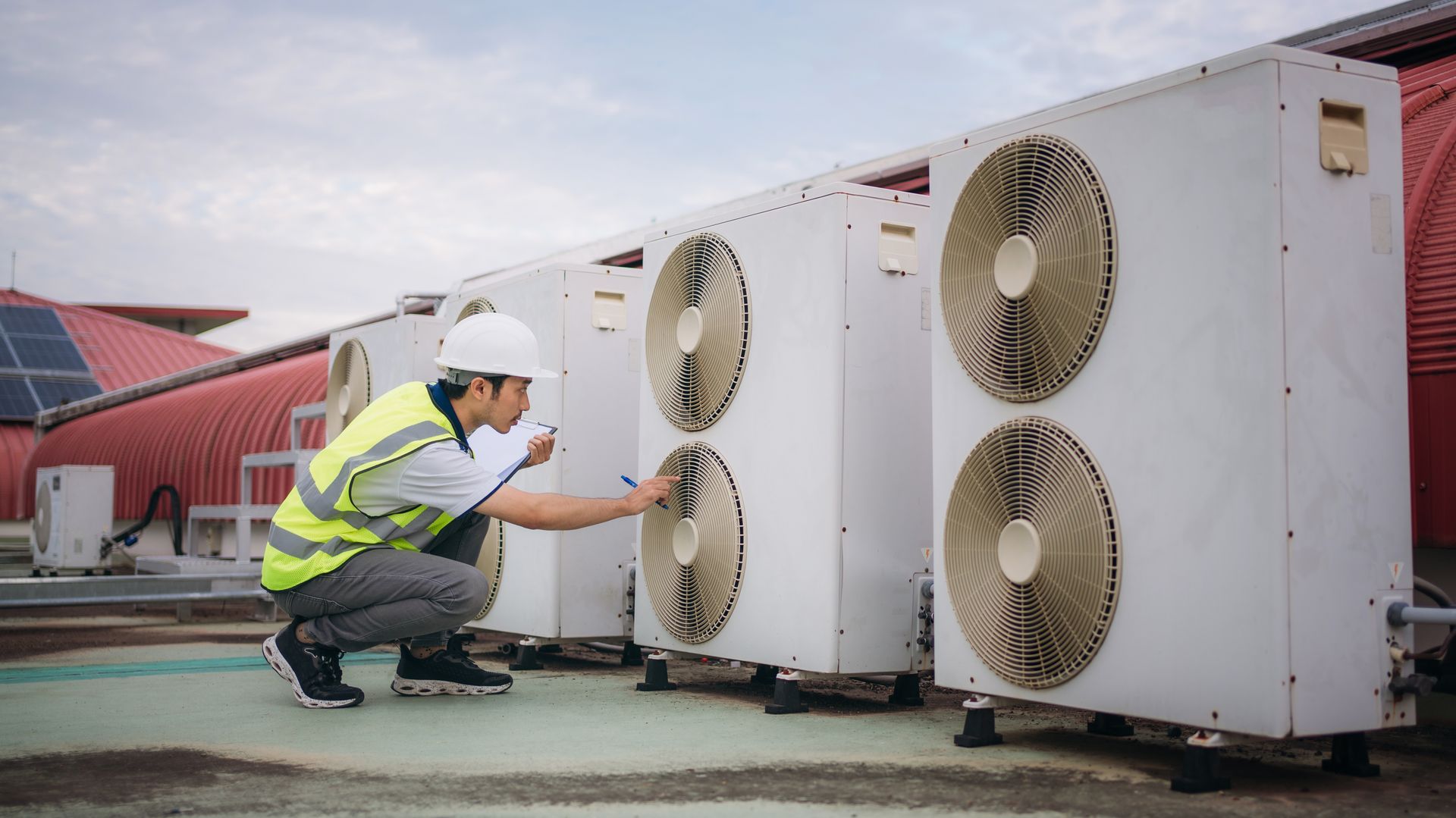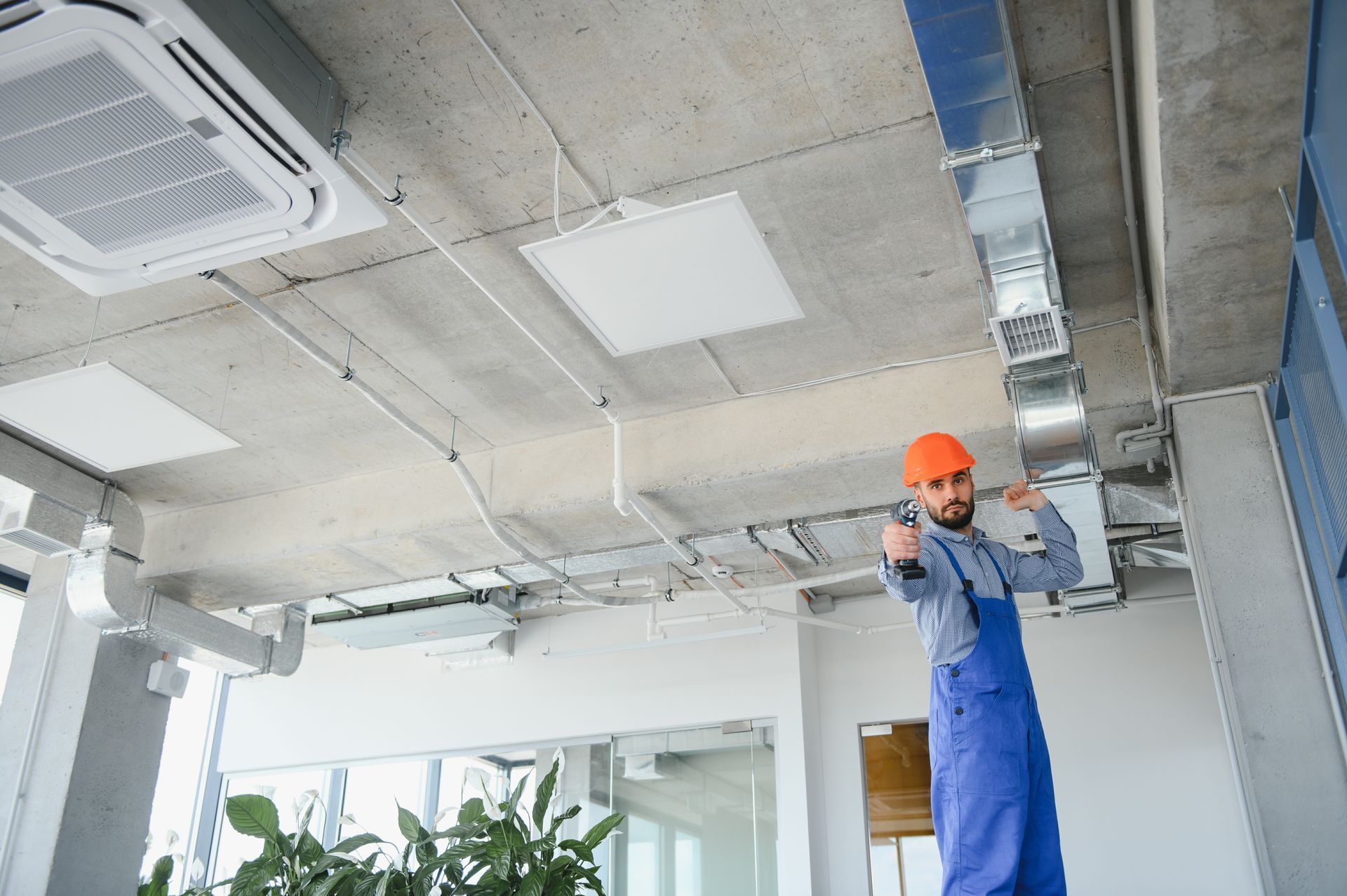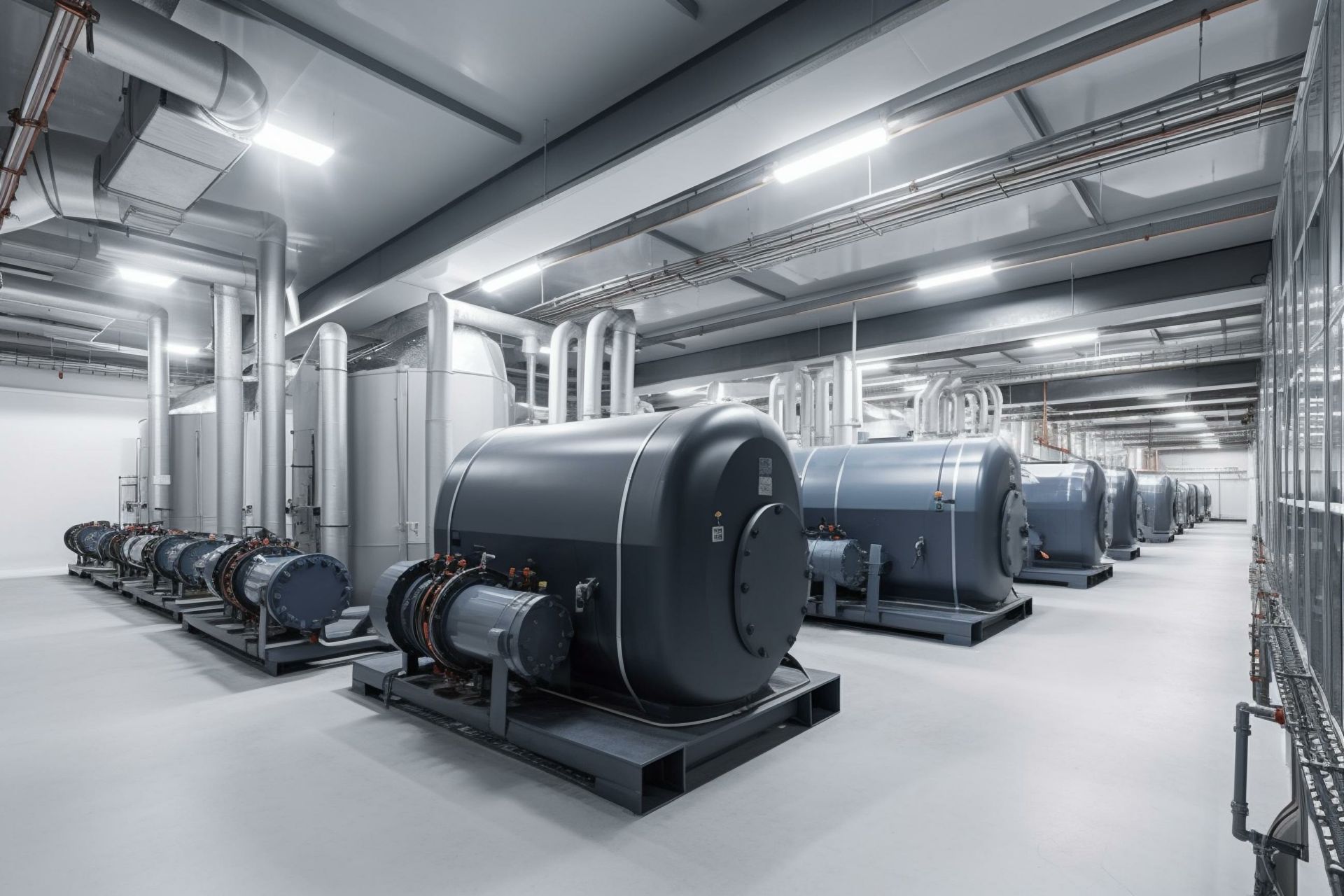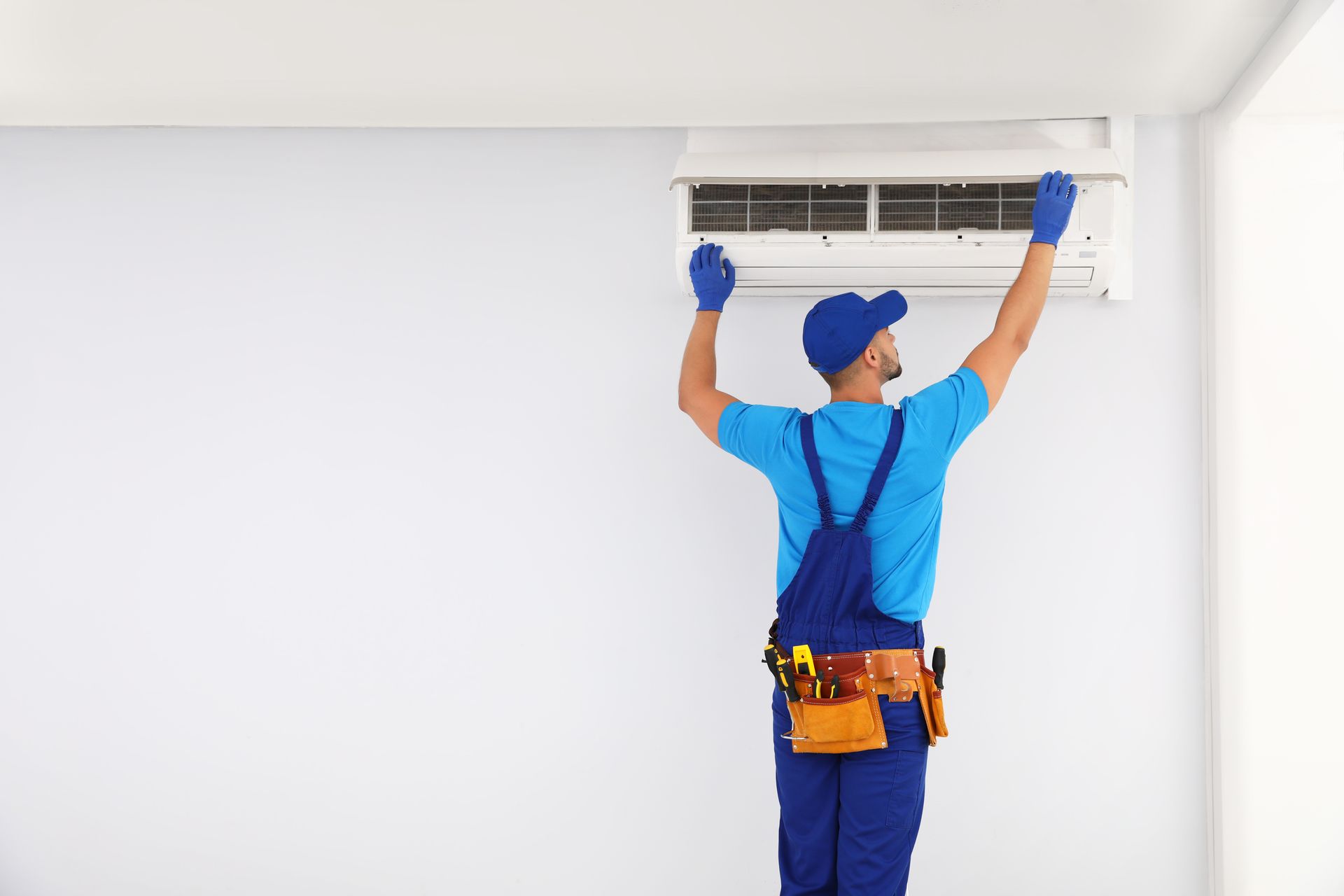Factors to Consider When Selecting Between Rooftop and Indoor HVAC Units for Your Commercial Space
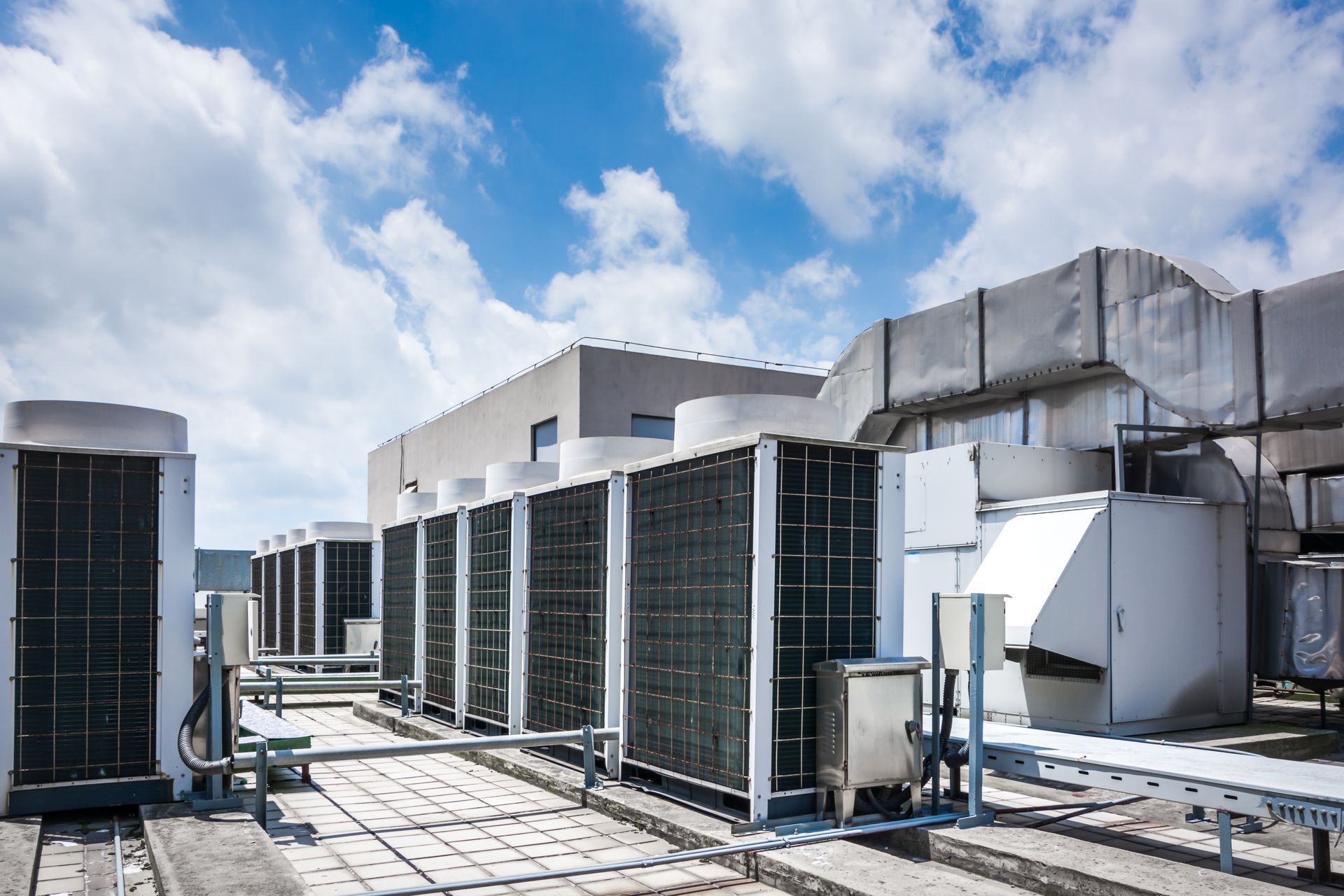
Whether you're building a new commercial space or renovating an existing one, one of the critical decisions you'll make is about the HVAC system. An integral part of this decision is whether to go for a rooftop or an indoor unit. Both options have their pros and cons, and the right choice depends on various factors, including your specific requirements, building design, and budget.
Understanding Rooftop and Indoor HVAC Units
Rooftop HVAC units, as the name suggests, are placed on the roof of a building. These units are compact, self-contained, and designed to withstand external weather conditions. They provide centralized heating, cooling, and ventilation to the entire building.
Indoor HVAC units, on the other hand, are installed inside the building – often in a dedicated mechanical room. These systems can be split systems, with components like the compressor and condenser located outside the building.
Factors to Consider
1. Space Availability: If indoor space is at a premium in your commercial building, a rooftop unit can be an excellent choice. It frees up interior space that can be used for other purposes. On the other hand, if you have plenty of indoor space, an indoor unit can be a viable option.
2. Noise Levels: Rooftop units keep the operational noise outside the building, ensuring a quieter indoor environment. If noise is a concern, you might want to consider a rooftop unit.
3. Installation and Maintenance Access: Rooftop units can be challenging to access for installation, maintenance, and repairs, which may increase the cost of these services. Indoor units, in contrast, are more accessible, making them easier and potentially less costly to maintain and repair.
4. Aesthetic Considerations: If maintaining the external aesthetics of your building is important, indoor HVAC units are preferable as they are hidden from view. Rooftop units, despite being out of sight from the ground level, might be visible from taller adjacent buildings.
The Importance of Professional Guidance
While the above considerations provide a general guide, making the right choice between a rooftop and an indoor HVAC unit requires a comprehensive understanding of HVAC systems and their suitability for different building types and conditions.
That's where professional HVAC service providers come in. They have the expertise to evaluate your specific requirements and conditions and recommend the most appropriate system. Furthermore, professional installation ensures optimal performance and longevity of the system.
The Risks of DIY Approach
Given the complexity of HVAC systems, attempting a DIY installation can lead to numerous challenges. Incorrect installation can result in inefficient operation, leading to higher energy costs, and could also void the manufacturer's warranty. Furthermore, HVAC installation involves handling refrigerant, electrical connections, and heavy equipment, posing potential safety risks.
In addition to installation, HVAC systems require regular maintenance. While some routine tasks can be performed by building staff, others require professional expertise. Trying to undertake these without appropriate training could lead to damage to the system and safety hazards.
In Summary
Choosing between a rooftop and an indoor HVAC unit is a significant decision that can impact your commercial space's comfort, efficiency, and operational costs. Each option has its merits and the best choice depends on your specific needs and conditions.
However, regardless of the choice, remember that professional installation and maintenance are key to getting the most out of your HVAC system. If you need help deciding between a rooftop and indoor HVAC unit, or require professional installation or maintenance services, our team of experts is ready to assist. Visit the "Contact" page of our website to get in touch with us. We look forward to enhancing your commercial space's comfort and efficiency.
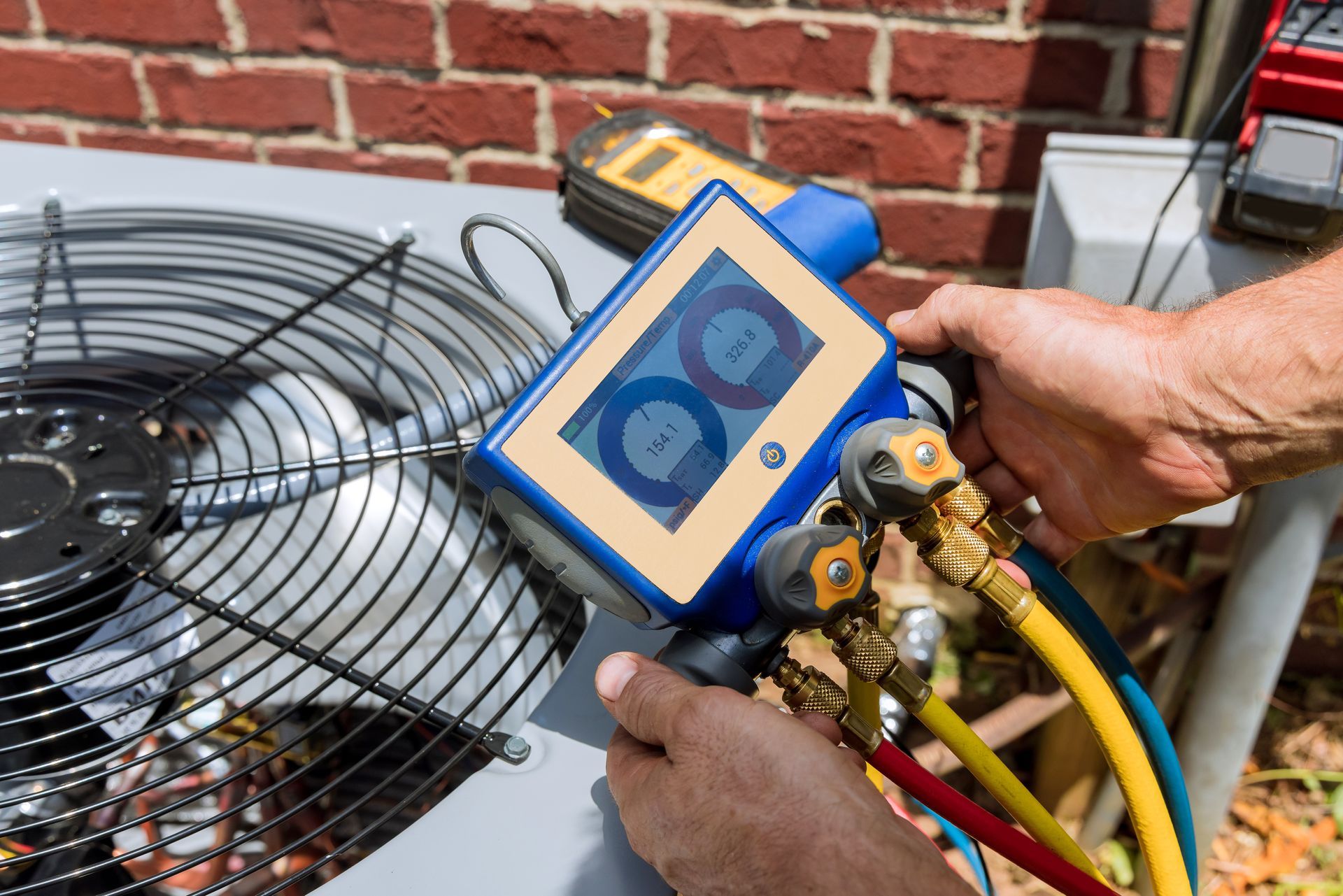
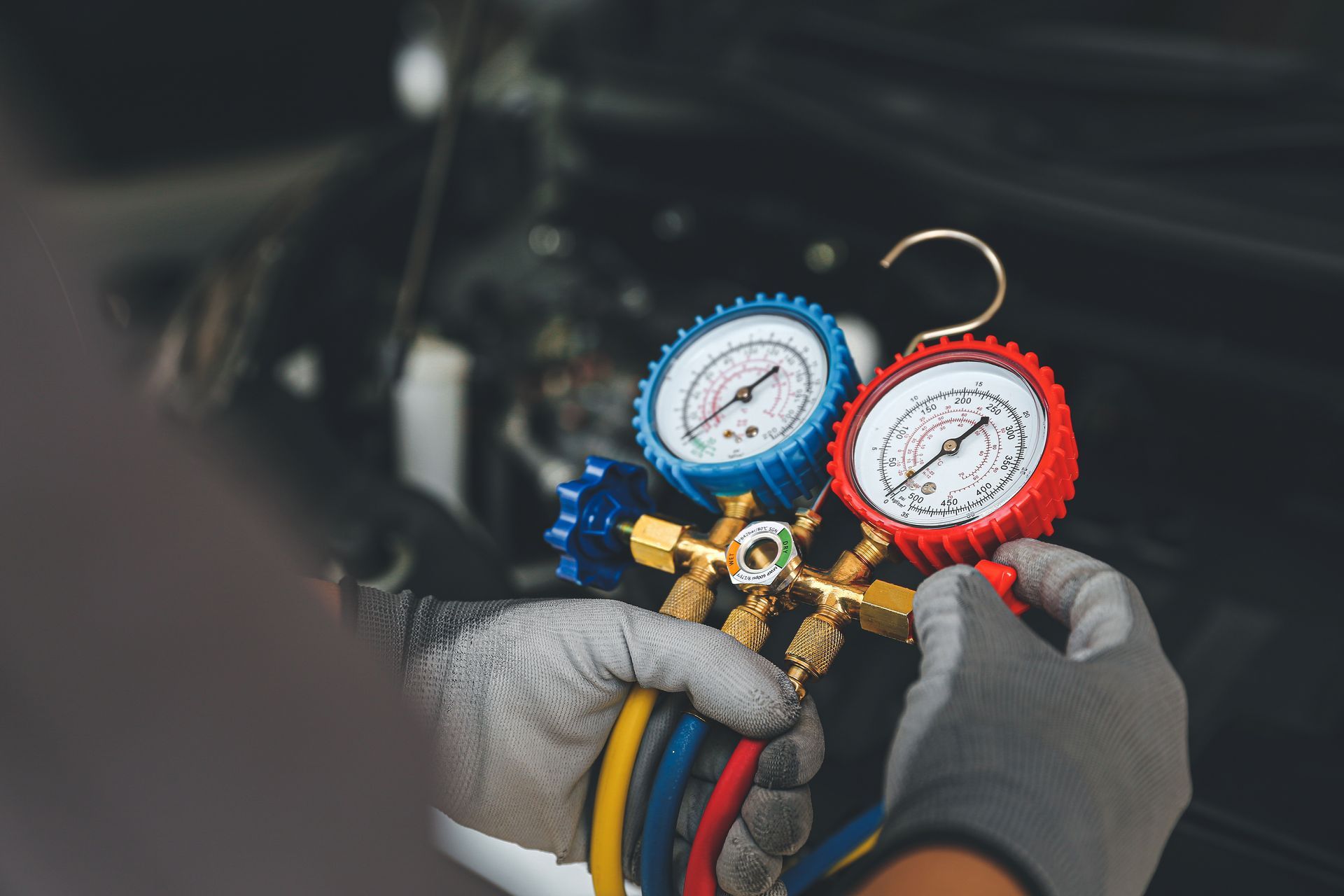
Best HVAC Service Packages in the D.C. Area
Joining an HVAC company VIP club can provide several benefits to homeowners, including peace of mind, cost savings and personalized service.
